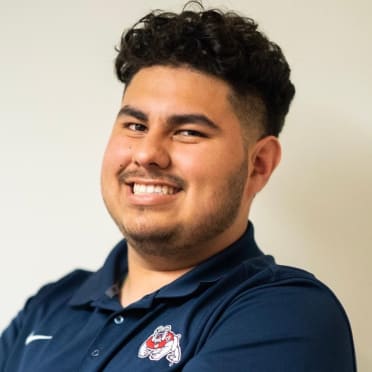MLB's Access Innovation Fund aims to improve Seattle youth baseball and softball
SEATTLE -- Baseball is America’s favorite pastime, but it’s not accessible to everyone. MLB is working to change that with the Access Innovation Fund.
The fund’s purpose is to remove barriers to play equity, and it will help organizations dedicated to youth baseball and softball equity. The King County Play Equity Coalition is one of the partners for the fund.
On Monday afternoon before the T-Mobile Home Run Derby, MLB hosted the Access Innovation Fund Panel at Play Ball Park, with Mariners legend Harold Reynolds serving as moderator. The first part of the panel featured Cha Cha Sawyer and Julie McCleery from the King County Play Equity Coalition, along with Nova Newcomer, the Mariners director of community relations and the Mariners Care foundation.
“It's not just that we're Seattle Mariners, so we're baseball players and we're trying to market baseball,” Newcomer said. “We actually think baseball and softball have a role to play in the well-being and health of our community.”
McCleery led off the panel by noting that 50,000 kids in Washington State play Little League baseball, which is 3 percent of the total population. After the age of 7, participation in Little League Baseball begins to dwindle and, as the kids get into middle school, there are very few baseball opportunities at their academic institutions. Seattle’s rainy weather limits field access, with only 5 percent of fields being turfed and 15 percent having lights. Even if other fields are available, transportation is an issue in Seattle.
“It means that the pathway of baseball [and] softball that we've created excludes people who can't afford to play,” McCleery said.
MLB has already committed $2 million to help address some of the issues presented during the panel, like field renovations -- such as Rainier Playfield -- along with grants to local Nike RBI and other community baseball and softball league programs.
The groups in the Access Innovation Fund are working to learn why youth participation is declining in some pockets of baseball and softball, with a commitment to changing the direction of the numbers, specifically locally in Washington State.
“The Mariners are looking at this Access Innovation Fund to build capacity in the organizations that are doing this work on the ground,” Newcomer said. “How to reach families, how to engage kids both in rural areas, but also in the inner city and then also where folks have been displaced through gentrification, as well.”
The lack of properly trained coaches is another factor that can contribute to decisions on youth participation. McCleery said that most coaches are focused on winning, rather than helping with the personal development of their players, which is the backbone of youth sports. That could sometimes intimidate a player and cause them to fall out of love with the game while also hindering their potential as human beings.
Reynolds passionately chimed in about the importance of a great coach.
“You have no idea if you’re going to have the next lawyer or next doctor, or if you’re going to create a better player,” Reynolds said. “All those things are the kids you’re dealing with while they’re in Little League. You’re developing people in our backyard.”
Over time, the fund will help with these issues. However, parents can also have a role in how baseball and softball can be managed within their communities.
“I just want to encourage all of you who are parents to know that you have the power to change the system,” McCleery said. “It's your questions and your decisions that are going to make those changes, and so if you start asking how the coaches in your program or chain drained, that makes a difference to that program.
“You are the consumers here with your kids, and so we need you to embrace that opportunity to push the system to be able to change.”


